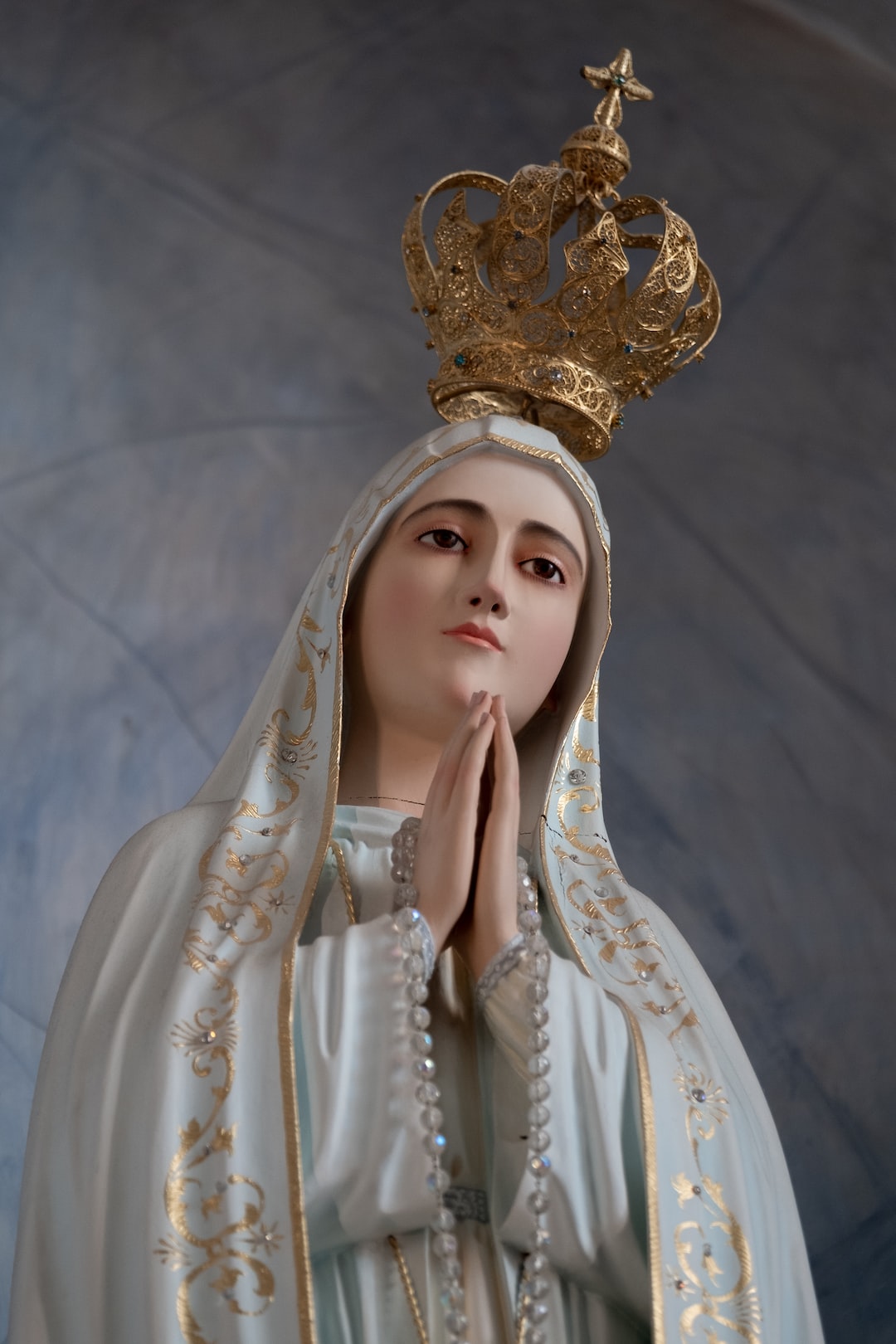The Role of Rituals and Ceremonies in Indigenous Religions
Throughout human history, rituals and ceremonies have played a vital role in various aspects of life, including religion. Indigenous religions across the globe have an intricate relationship with rituals and ceremonies, as these practices form the very heart of their spiritual expressions. From birth to death, daily life to seasonal changes, rituals and ceremonies provide a framework for indigenous communities to connect with the divine, ancestors, and the natural world.
One of the fundamental roles of rituals and ceremonies in indigenous religions is to establish and maintain a relationship between human beings and the sacred. For indigenous peoples, the sacred is not limited to a specific deity or transcendent being but encompasses the entire natural world. Rituals serve as a means to communicate and establish a connection with the divine forces that exist within the earth, sky, water, and all living beings. Through these practices, indigenous communities aim to maintain harmonious relationships with the spirits and forces that govern their existence.
Rituals and ceremonies are also essential in indigenous religions to honor and remember the ancestors who came before them. Ancestors hold tremendous significance in these belief systems, as they are believed to be the keepers of tribal knowledge, wisdom, and spiritual power. Indigenous peoples often engage in ancestral rituals and ceremonies to express gratitude, seek guidance, and ask for blessings from their forefathers. These ceremonies serve as a link between past and present, connecting the living with their ancestral lineage and ensuring the preservation of cultural heritage.
Furthermore, rituals and ceremonies are used to mark significant milestones and transitions in indigenous communities. Birth, puberty, marriage, and death are all occasions that call for elaborate and deeply meaningful ceremonial practices. These rites of passage not only celebrate the change in an individual’s life but also serve to strengthen social bonds and reinforce community cohesion. They provide a sense of identity, belonging, and purpose, shaping the individual’s understanding of their place in the world and their responsibilities to the community.
Another crucial role of rituals and ceremonies in indigenous religions is the recognition and celebration of seasonal changes and natural cycles. Indigenous peoples have always lived in close relationship with the earth, deeply aware of its rhythms and cycles. Through rituals and ceremonies linked to agricultural practices, hunting, fishing, and gathering, indigenous communities demonstrate their reverence for the earth and its cycles. These rituals serve as a reminder of the interconnectedness of all living beings and emphasize the importance of sustainable practices that honor and protect the natural world.
In addition to their spiritual significance, rituals and ceremonies in indigenous religions also have tremendous cultural and educational value. They serve as powerful tools for transmitting cultural knowledge, folklore, and traditions from one generation to the next. Oral storytelling, songs, dances, and other forms of artistic expression are often integrated into these rituals as a means of communicating values, history, and communal experiences. Thus, rituals and ceremonies are not only spiritual practices but also integral components of indigenous cultures, ensuring the continuity of cultural heritage and traditions.
Moreover, rituals and ceremonies can play a role in healing and restoration within indigenous communities. Many indigenous peoples have experienced historical trauma, displacement, and the loss of traditional lands and resources. In response, rituals and ceremonies are used as a means of healing and reconnecting with their cultural roots. These practices provide a space for individuals to express their pain, seek solace, and experience spiritual and emotional wholeness. The community’s participation and collective support during these ceremonies strengthen social bonds and contribute to the overall well-being of the community.
In conclusion, rituals and ceremonies are central to the practice of indigenous religions worldwide. They serve to establish and maintain a connection between human beings and the sacred, honor ancestors, mark significant life events, celebrate seasonal changes, transmit cultural knowledge, and contribute to healing and restoration. These practices are not merely religious but integral to indigenous cultures, acting as a cohesive force that binds individuals to their communities, the natural world, and their spiritual traditions. Recognizing and understanding the role of rituals and ceremonies in indigenous religions is crucial in valuing and celebrating the rich diversity of human spiritual experiences.
